News & Media
7th Unisa Decoloniality Summer School to interrogate power, knowledge and being
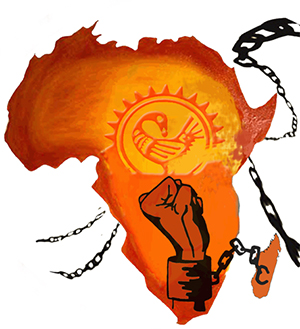 Unisa’s College of Human Sciences is hosting its 7th Decoloniality Summer School which seeks to interrogate power, knowledge and being, and to find answers on what de-colonisation truly means for South Africa and Africa.
Unisa’s College of Human Sciences is hosting its 7th Decoloniality Summer School which seeks to interrogate power, knowledge and being, and to find answers on what de-colonisation truly means for South Africa and Africa.
The Summer School takes place from 13 to 17 January 2020, from 08:00 to 17:00 daily, at the Sierra Burgers Park Hotel, Pretoria.
Speaking at the opening, where he welcomed delegates from around the word, newly appointed Executive Dean for the College of Human Sciences, Prof Kgomotso Masemola, said: "Today we are rethinking and reconfiguring the knowledge space, we are ushering in a new way of thinking which has primarily been colonial. Many colonial ideas are going to be tested during this summer school as all speakers are going to interrogate several lenses that address ontological and political questions of power, knowledge and being."
Click here for the full programme.
The lectures and discussions will be delivered and facilitated by leading decolonial thinkers and theorists:
- Prof Lewis Gordon, University of Connecticut, USA
- Prof Mogobe Ramose, University of South Africa
- Prof Rozena Maart, University of KwaZulu-Natal, South Africa
- Dr Nandera Mhando, University of Dar-es-Salaam, Tanzania
- Dr Sayan Dey, Royal University of Bhutan, India
- Mr Chachu Maligissu, University of Dar-es-Salaam, Tanzania
Some of the topics that will be covered by these presenters include the following:
- Important distinctions and the problems they generate: African, black, and black being and existence
- Charity and decolonisation: Faith-based organisations and "safe" houses
- Critical gender in indigenous practices: Navigating language and meanings
- The humanisation (mothofatso) of the educational curriculum
- Black aesthetics, black value, and the challenges of liberation and political life
- Who is the decolonial subject?
The topic explained
Defining Decolonisation: to make a deliberate and concerted effort to move away from colonial ways of knowledge imposed by colonisers that have meant that we have to turn away from Afrikan ways of knowing.
Since 2014, the Unisa College of Human Sciences has hosted the Decoloniality Summer School on an annual basis with a focus on Power, Knowledge and Identity. This School takes place at a crucial time characterised by an epistemic break in which the dominant Euro-North American-centric epistemology is experiencing a terminal crisis. This epistemic crisis is opening the way for the rise of epistemologies from the Global South, bringing in a new interpretation of the human experience. What is poignantly emerging is the shifting of the geography and biography of knowledge resulting in the privileging of the Global South archive and other subjugated knowledges.
Context
The idea of power speaks to the pertinent problem of asymmetrical modern imperial/colonial power structures in place since the dawn of modernity. In order to unpack this idea, the concept of "coloniality of knowledge" focuses on the topical question of epistemologies and methodologies that are dominant in the academy and their relevance. Related to this concept of "coloniality of knowledge", the notion of being addresses the issues of subject, subjection and subjectivity. The School grapples with the epistemic break in the humanities and social sciences and pushes forward various decolonial epistemic interventions in knowledge creation to further advance the decolonisation of minds. In addition, the School focuses on the changing of paradigms in understanding the intersecting relations between power, knowledge and being; in the development of a decolonised consciousness; strive towards contributing to the production of a new cohort of decolonial thinkers and thought leaders; and the expansion of frontiers of knowledge away from Eurocentrism.
The Summer School will deal with the following pertinent issues, among many others:
- Modernity, Eurocentrism and coloniality
- Epistemic racism/patriarchy/sexism
- Zone of being/zone of non-being
- Knowledge and power
- Coloniality of being and subjectivity
- Development, nationalism and decolonisation
- African archive and library
- African intellectual traditions
- Africa and the modern world
- Decolonising the university
At the end of the Summer School the attendees/graduates will be able to reflect seriously and critically on the following important questions:
- How was the modern world constituted and who is producing knowledge?
- What institutions and disciplines legitimise it?
- What is knowledge for and who benefits from it?
- How is our social existence colonised?
- How do we think about decolonising being?
- What power hierarchies constitute the cartography of power of the global political-economy we live in and how do we go about decolonising the world?
Leading the way
The College of Human Sciences has been a leader in decolonial education, teaching and learning and community engagement long before movements such as #RhodesMustFall surfaced.
As project leader, Prof Puleng Segalo explains that to decolonise is to confront, challenge and reject the status quo, and the College decoloniality project came about as a result of many scholars feeling suffocated within the various spaces they occupy. As academics, students and activists, they decided to "speak back".
Conversations on decoloniality officially started in 2011 under the umbrella of the Africa Decolonial Research Network (ADERN) which consisted of scholars who were tired of the status quo within academic spaces. The Network organised readings groups, seminars and a visit to Barcelona where they attended a Summer School on Decoloniality. The network grew and the College of Human Sciences initiated the first Summer School on Decoloniality in 2013. The aim was to create a space for scholars to engage with issues of epistemological violence within the academic sphere; a form of violence which ultimately bleeds into the broader society.
All the issues that have surfaced in the country in the past few years have also pointed to the need for engagement, confrontation, cost accounting and responsibility taking. To this end, the Unisa decoloniality project aims at allowing an opportunity for the interrogation of what it means to be human from the subject that speaks, and engaging in uncomfortable conversations about what it would mean if we were to see each other as human and not falling into different categories of humanity.
"Decolonisation is not an arrival, but a historical ongoing process which engages imperialism and persistent colonial tendencies at multiple levels. We call for the acknowledgement of people’s agency, identity, language, history and ethics, from their own vantage points. We call for the space to breathe," says Prof Segalo.
The summer school will also be live streamed via the Unisa College of Human Sciences Facebook page.
* By Rivonia Naidu-Hoffmeester, Communications and Marketing Specialist, College of Human Sciences
Publish date: 2020-01-13 00:00:00.0

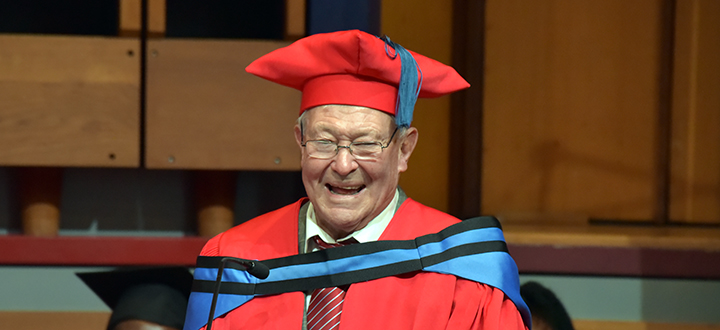 Community champion and agricultural entrepreneur extraordinaire honoured by Unisa
Community champion and agricultural entrepreneur extraordinaire honoured by Unisa
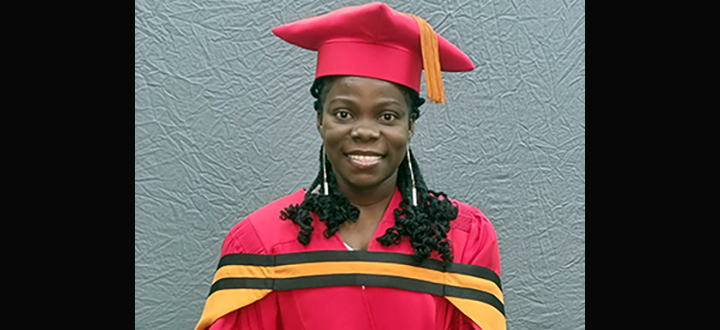 Ghanaian-born Swede earns PhD in Information Sciences from Unisa
Ghanaian-born Swede earns PhD in Information Sciences from Unisa
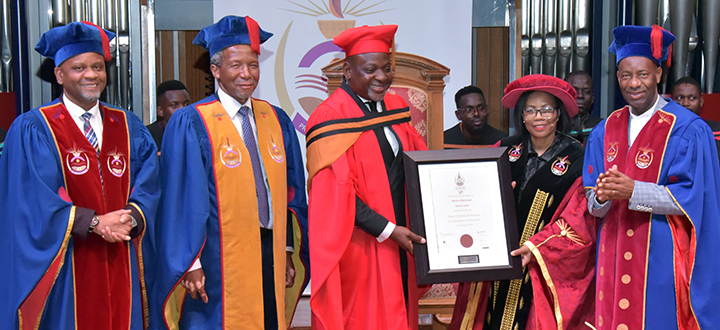 Unisa awards honorary doctorate to exemplary philanthropist and entrepreneur Collen Tshifhiwa Mashawana
Unisa awards honorary doctorate to exemplary philanthropist and entrepreneur Collen Tshifhiwa Mashawana
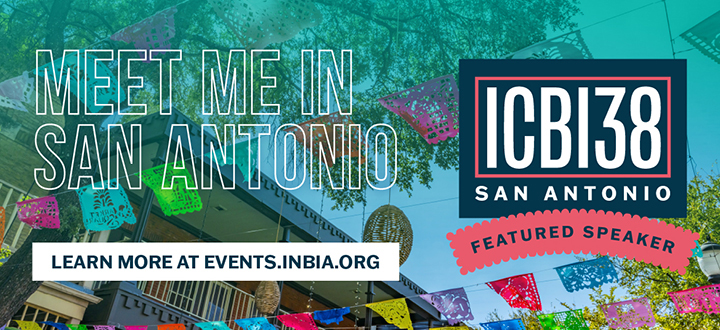 Inhlanyelo Hub explores financing and sustainability at the International Conference on Business Incubation
Inhlanyelo Hub explores financing and sustainability at the International Conference on Business Incubation
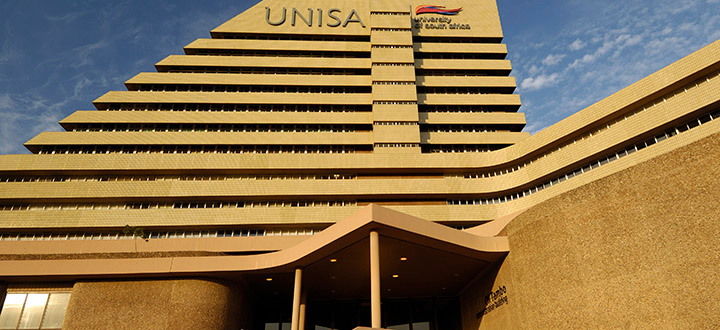 Unisa remains anchored among the waves
Unisa remains anchored among the waves